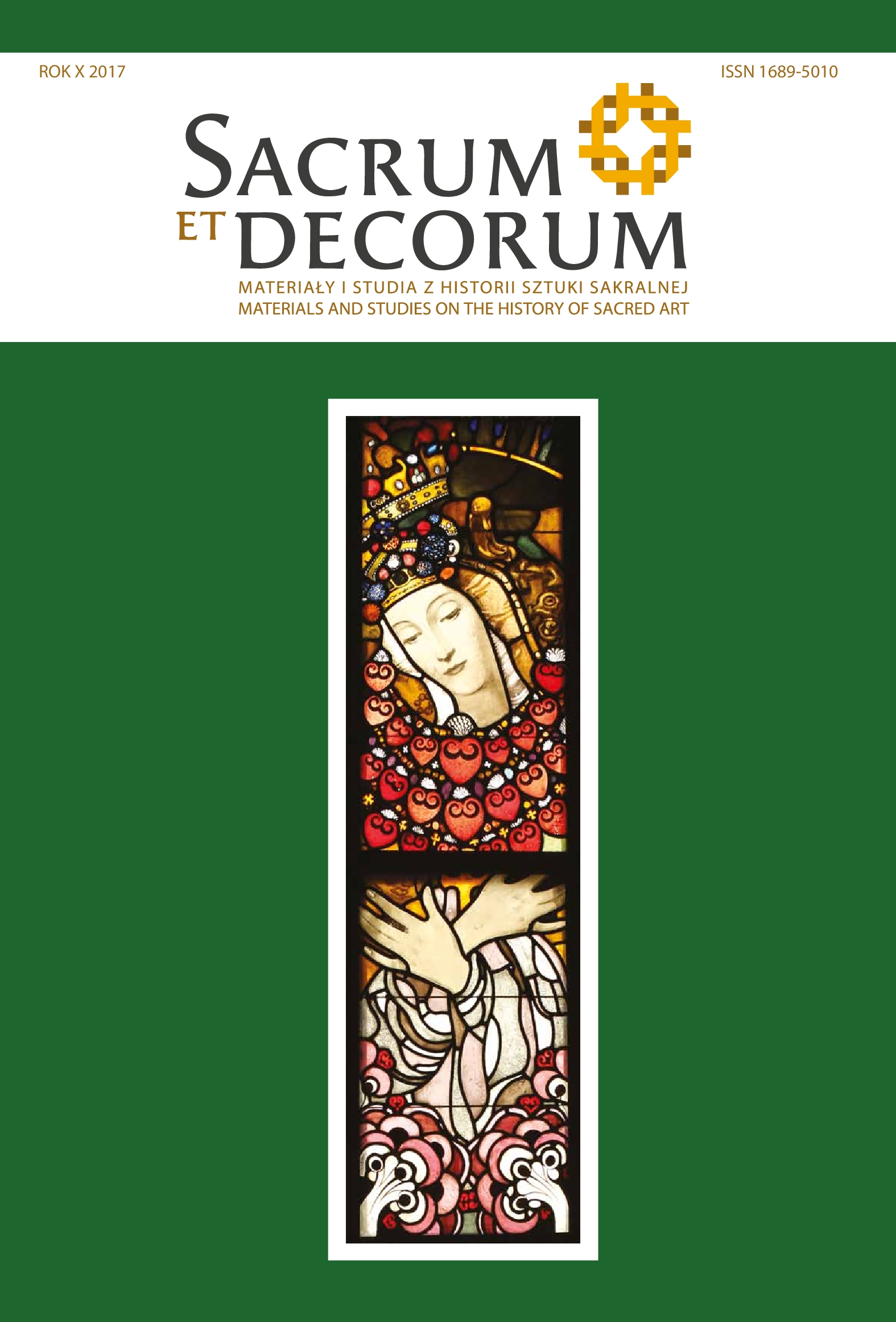The Interior Decoration of the Sobieski Chapel at the Church on Kahlenberg Hill in Vienna
Keywords:
Kahlenberg, Leopoldsberg, Józef Mehoffer, Jan Henryk Rosen, Józef Kulesza, Joseph Führich, lieu de mémoire, Sobieski’s Mass, Sobieski’s chapelAbstract
According to tradition, in the ruins of the Camaldolese church at Kahlenberg Hill (part of a hermitage founded in the first half of the 17th century and destroyed by the Turks occupying the city), in the morning of 12 September 1683, before the decisive battle of Vienna, papal legate Marco d’Aviano celebrated a mass at which John III Sobieski served. The celebrant – instead of the standard “Ite, missa est” – at the end of the mass, pronounced the prophetic words: “Ioannes vinces”. The Polish community living in Vienna returned to this tradition at the beginning of the 20th century, and spontaneously, with the help of their compatriots in Poland, managed to restore the chapel adjacent to the church which, at that time, was in private ownership. It was only a few years later that the Resurrectionist Congregation of Vienna took possession of the building and Father Jakub Kukliński (1871–1946) was appointed rector of the church. It was also him who, for almost 25 years, had striven to rebuild and renovate the chapel, his efforts resulting, in 1930, in the execution of wall paintings by Jan Henryk Rosen and Kazimierz Smuczak, which survive to this day. The present article examines the changes in the interior decoration of the chapel, starting from the earliest, and today almost unknown, works completed before the chapel had been taken over by the Resurrectionists in 1906 (when the chapel “institutionalised” its function as a “Polish church”) to a competition for its interior decoration in 1909, and the designs for wall paintings drawn by Józef Mehoffer in 1912, which remained unexecuted because of the outbreak of World War I, and finally, to the already mentioned decorations by Rosen and Smuczak.Downloads
Downloads
Published
How to Cite
Issue
Section
License
Copyright (c) 2017 Sacrum et Decorum

This work is licensed under a Creative Commons Attribution-NonCommercial-NoDerivatives 4.0 International License.
In line with the Open Access policy, authors retain full copyright to their articles – without restrictions.
Authors can deposit their articles in a repository of their choice.


